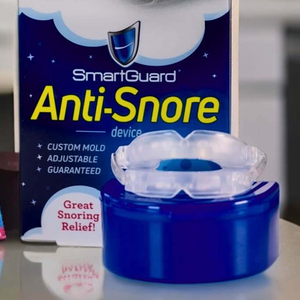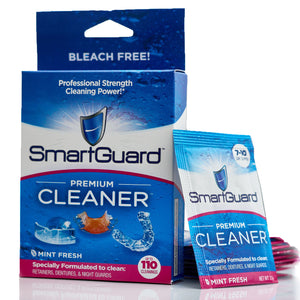Aug 08, 2023
DO PEOPLE SNORE MORE CAMPING OR IN HOTELS THAN IN THEIR OWN BEDS?
DO PEOPLE SNORE MORE CAMPING OR IN HOTELS THAN IN THEIR OWN BEDS?
Based on available research, most people snore more when camping or traveling than when at home in their own beds.
CHANGES IN SLEEP ENVIRONMENT CAN WREAK HAVOC
Several factors contribute to this phenomenon, including the change in sleep environment, types of accommodation, and sleeping position. Camping in tents or on hard ground can make it difficult to get into nice sleeping positions; and many traveling accommodations tend to be less comfortable and lack the amenities of home, making it harder for people to find a comfortable sleeping position. This can lead to restlessness and a likelihood to snore more.
Additionally, staying in unfamiliar environments with different noises and smells can also contribute to snoring. Traveling can also disrupt sleep patterns, causing fatigue and snoring. Many people travel across time zones, which can disrupt their circadian rhythms, making them more likely to snore.
Furthermore, when people are traveling or camping, there tends to be more alcohol consumption and a lack of a regular sleeping routine. These factors can also increase someone's likelihood of snoring.
It is common for people to snore more when camping or traveling than when at home. A change in sleeping environment, sleep routine, alcohol consumption, and sleeping position all contribute to this tendency. Therefore, individuals who suffer from snoring should take extra precautions when traveling or camping and be aware of these contributing factors.
PRECAUTIONS TO TAKE FOR GOOD SLEEP WHEN NOT AT HOME
Traveling can be a great way to explore and experience new places and cultures. Whether you are camping or staying in a hotel, getting a good night's sleep is essential to enjoy your trip to the fullest. Here are some precautions that campers or travelers can take to slumber well when not at home:
- The right sleeping gear is essential to a restful night's sleep. It is important to choose high-quality sleeping bags, sleeping pads, and pillows that are comfortable and provide adequate warmth and support. Moreover, millions of people benefit from using anti-snore devices that widen the airway behind the tongue so snoring is less likely. These are available by prescription from some dentists and also less expensively OTC (over-the-counter) in many drug stores. Take the mouthpiece when traveling or camping; such a mouth appliance can make the difference between a delightful trip and a miserable one.
- Plan ahead. If you are traveling to a new place, it is essential to research the location and the weather to ensure that you have the necessary gear to stay comfortable. Make sure to pack sufficient clothing and gear for the weather, including extra layers in case it gets colder at night.
- Set up camp in a quiet area: If you're camping, it is important to set up your camp in a quiet area that is away from any sources of noise or distractions. Choose a location that is sheltered from the wind and not too close to a body of water or wildlife to minimize disturbance.
- Arrive early: If you're camping, consider arriving at your campsite early to avoid rush-hour traffic and ensure that you have plenty of time to set up camp and get settled in before nightfall.
- Use earplugs: If you're traveling in a noisy area or are bothered by noise while sleeping, earplugs can help block out noise and help you sleep better. Remember the keys to good sleep—cool, quiet, dark.
- Maintain a familiar routine: Try to maintain a similar sleep routine to what you follow at home. Stick to your usual bedtime and wake up time to help your body adjust to the new surroundings.
- Practice good sleep hygiene: Avoid using electronic devices before bedtime as the blue light emitted by the screens of such devices can affect your sleep quality. Make sure to follow good sleep hygiene practices like having a quiet and dark sleeping environment and keeping the bedroom temperature cool.
- Reduce caffeine intake in the afternoon hours: Avoid consuming caffeine or other stimulants before bedtime as they can interfere with your ability to sleep.
In conclusion, a good night's sleep is essential to enjoy your travels and adventures. Whether you are camping or staying in a hotel, taking these precautions can help you get the therapeutic sleep we all need when away from home. So, the next time you are planning a trip, make sure to incorporate these tips to ensure that you get the rest you need to optimally enjoy the vacation.







